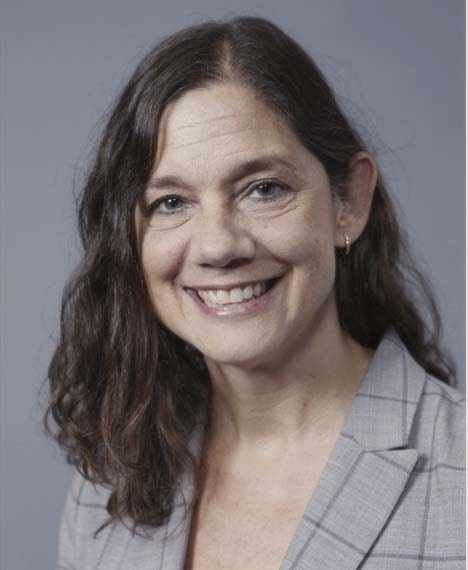Marina R. Picciotto To Receive Andrew Carnegie Prize in Mind and Brain Science
Carnegie Mellon University will award the Andrew Carnegie Prize in Mind and Brain Science to neuroscientist Marina R. Picciotto from Yale University. Known for her work in addiction, memory and reward behaviors, Picciotto is the eighth scientist to receive the award, which recognizes trailblazers in the brain and behavioral sciences.
Picciotto will receive the prize in a virtual ceremony on Wednesday, Dec. 10, 2020. She will also present a talk, "Acetylcholine as a neuromodulator: ACh signaling in the basolateral amygdala at baseline and in reward learning."
The Carnegie Prize is sponsored by the Carnegie Corporation of New York and awarded by the Neuroscience Institute. Its director, Barbara Shinn-Cunningham will present the prize to Picciotto.
"We are thrilled to honor Dr. Picciotto, both for her fundamental discoveries as a physiologist but also for being a dynamic leader who has helped shape the field of neuroscience," Shinn-Cunningham said. "By making foundational basic science discoveries with an eye to real-world impact and application, her work exemplifies the kind of research to which we aspire here at CMU."
Picciotto is the Charles B.G. Murphy Professor of Psychiatry, deputy chair for basic science research in the Department of Psychiatry, and a professor of neuroscience and pharmacology in the Child Study Center at Yale University. She is currently editor in chief of the Journal of Neuroscience, and has served on the scientific council of the National Institute on Drug Abuse, as treasurer of the Society for Neuroscience, and as president of the Society for Research on Nicotine and Tobacco, among other accomplishments. In her research, she works to understand the role of single molecules in complex behaviors related to addiction, depression, feeding and learning.
"Marina has contributed foundational work to understand the diverse effects of acetylcholine receptors on appetite, addiction behaviors and learning," said Alison Barth, Maxwell H. and Gloria C. Connan Professor in the Life Sciences. "She's been a leader in the neuroscience community, working tirelessly for the Society for Neuroscience, the National Institutes of Health and other scientific societies."
The Neuroscience Institute will also award the Carnegie Student Fellowship to Deepa Issar, a graduate student co-advised by Jana Kainerstorfer and Matt Smith. In her research, Issar studies how the brain changes with our level of alertness by examining interactions between brain activity and the body's core physiologic mechanisms that control heart rate and pupil size. As part of the fellowship, she will have an opportunity to work with Picciotto.
"I was so grateful to receive this fellowship because of the opportunity to meet and learn from Dr. Picciotto and her lab," Issar said. "I aspire to do basic neuroscience research that can be used to inform clinical decisions, something she has done in her work studying the cholinergic system."
Register here for the virtual event.
